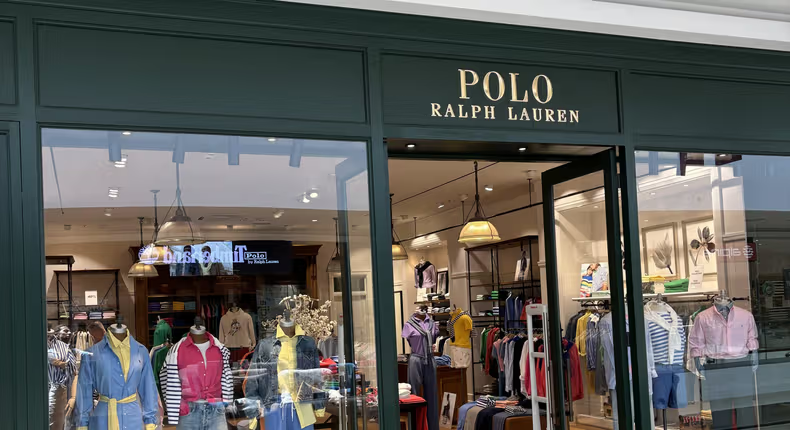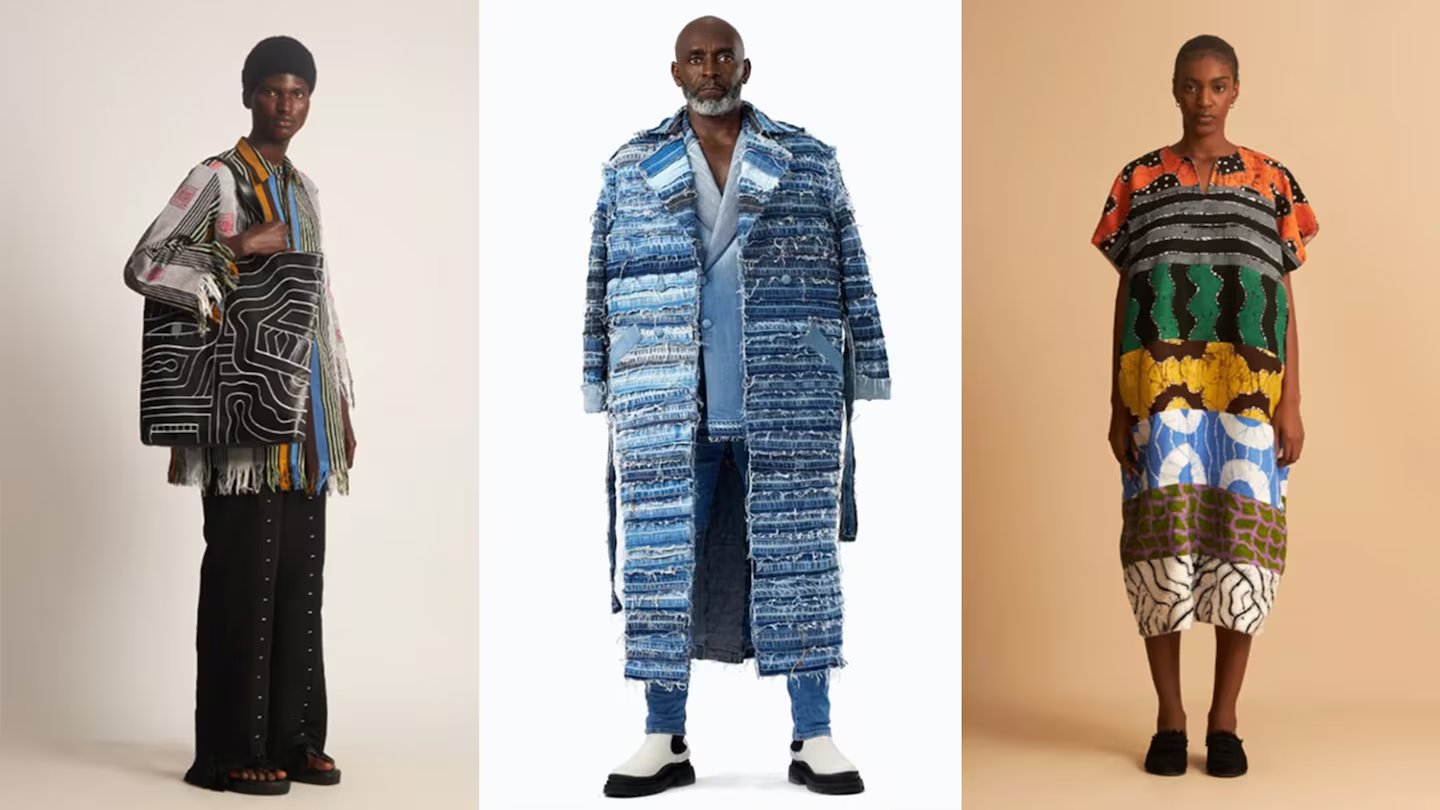The Kalakuta Republic was never a physical location on the streets of Lagos. It was an ideal, an icon, and an act of bravery. In the early 1970s, Fela Anikulapo Kuti, the progenitor of Afrobeat and Nigeria’s most outspoken voice, declared his home independent of the Nigerian state. He named it the Kalakuta Republic, where he and his people would no longer be subject to the authority of a military government he believed existed on violence and corruption.
Kalakuta was more than a sanctuary for Fela. It was home to band members, dancers, family, and fans. It had a clinic, a recording studio, and a community that functioned very much like a mini-state within Nigeria. For Fela, it was a statement: this was a haven of freedom, expression, and cultural pride that defied the doublespeak of the political elite. Describing it as a “republic” was more than a rhetorical gesture; it was a challenge to the legitimacy of the government itself.
In Kalakuta, music and politics were intertwined. Afrobeat, with its entrancing rhythm, jazz improvisation, and biting lyrics, was the music of rebellion. Zombie mocked soldiers who followed blindly because they were instructed to do so, while Coffin for Head of State and Shuffering and Shmiling spoke to political corruption and church complicity. Every performance at Kalakuta or the Afrika Shrine was an incitement to action, drawing young Nigerians hungry for revolution.


But Fela’s insurrection came at a cost. The government saw Kalakuta as a threat to their power. In 1977, after the release of Zombie, troops stormed the compound. They set it on fire, destroyed instruments and tapes, and brutally attacked the occupants. Fela himself was beaten, and his mother, activist Funmilayo Ransome-Kuti, was thrown from a window, injuries that eventually caused her death. The raid was meant to dash Fela’s spirit, but it instead solidified Kalakuta’s position in history as a symbol of defiance against oppression.
Why Fashion Week Still Shapes the Industry
Even though the original Kalakuta was razed, its spirit remains. The Kalakuta Museum in Ikeja today holds Fela’s personal belongings, stage clothing, and photographs, keeping his memory alive for generations to come. The New Afrika Shrine, operated by his children, continues the tradition of live music, political debate, and cultural activities that were a part of his legacy. For others, these institutions are not just a means to remember Fela, but also to keep alive the spirit of dissent and freedom he embodied.
The Kalakuta Republic now holds even greater significance in modern-day Nigeria, where youths continue to face challenges in governance, inequality, and systemic neglect. The #EndSARS protests of 2020 mirrored Fela’s resistance, utilising music, performance, and people power to demand justice. Kalakuta has, in many ways, become a metaphor: a testament to how creating spaces of resistance, no matter how ephemeral, can alter the national conversation.
Fela’s dream of an independent domain where art and politics could coexist peacefully was likely brutally attacked, but the idea behind Kalakuta was unstoppable. It is a lesson that will remain forever: culture is never entertainment, it is rebellion, it is hope, and it is an instrument against oppression.

























